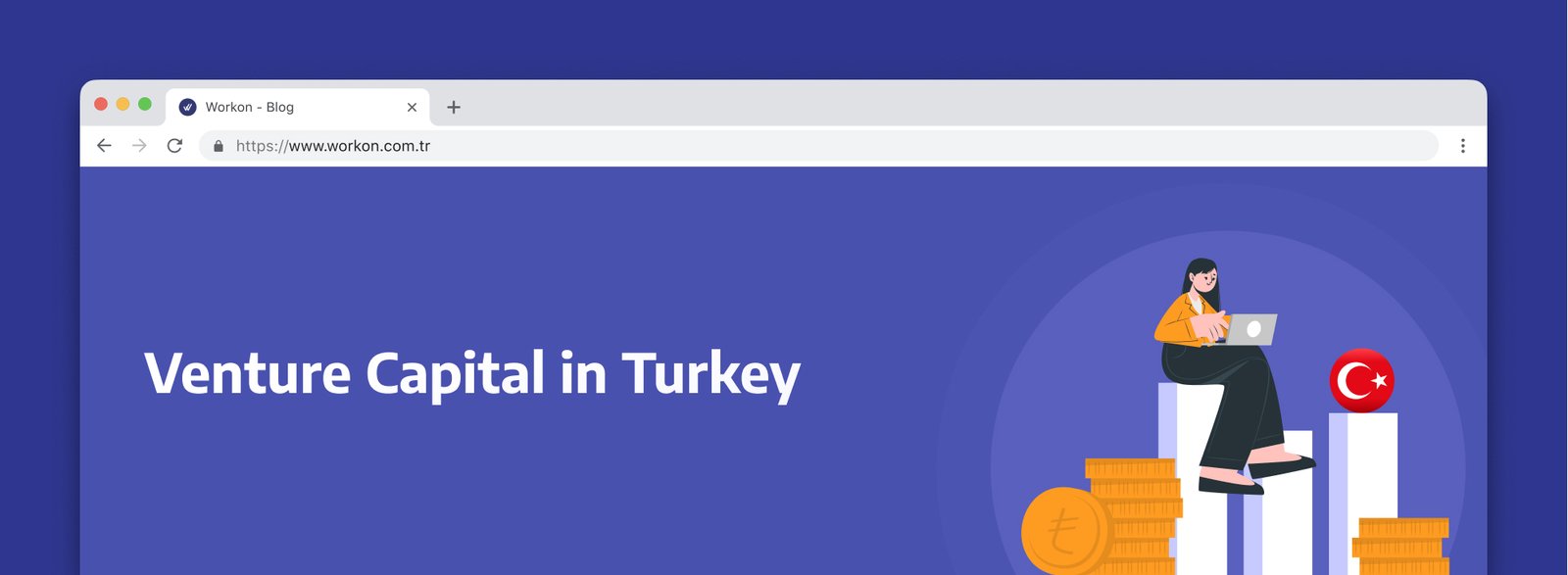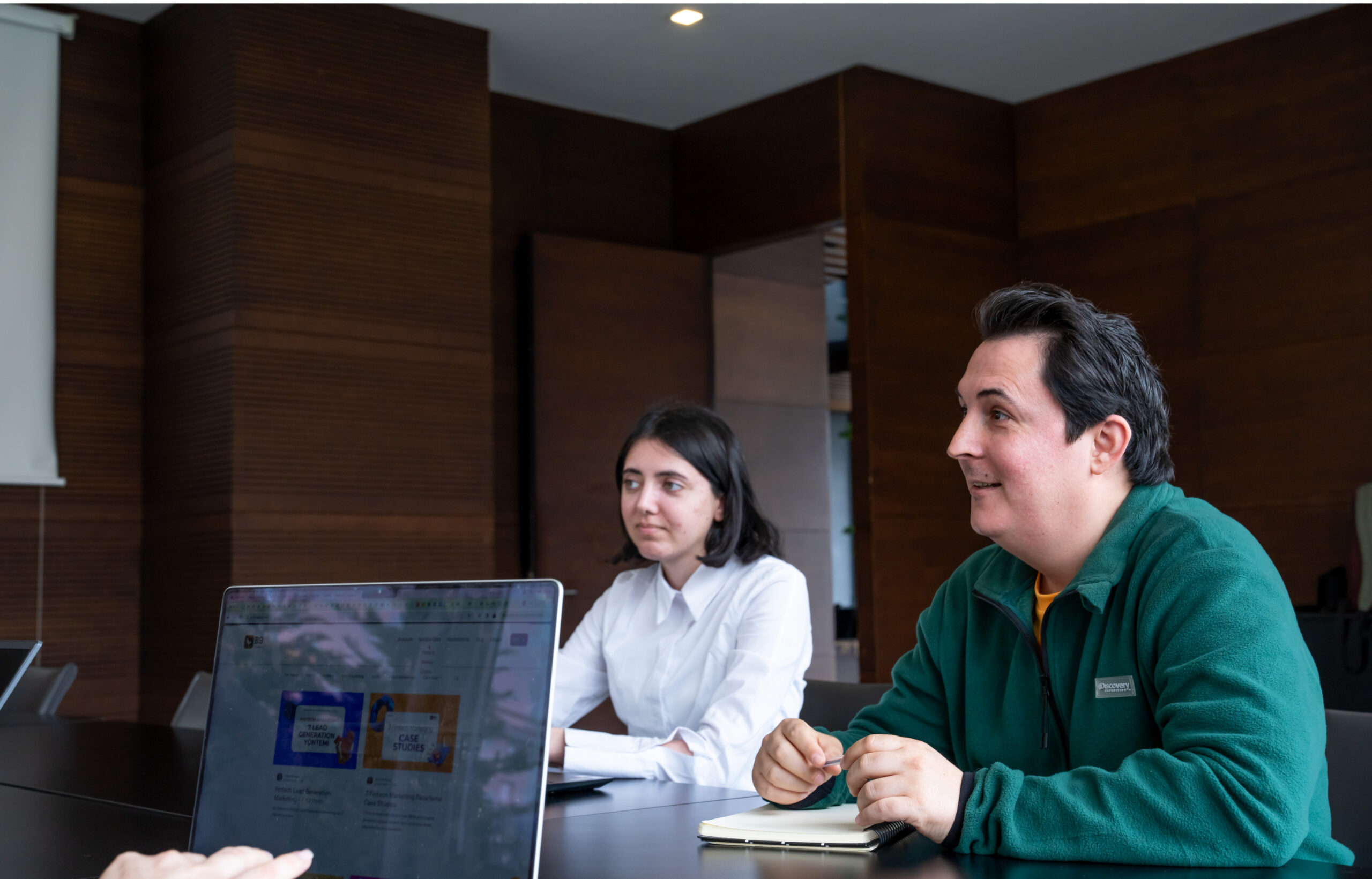
Turkey’s venture capital (VC) landscape has developed with its own unique set of challenges, opportunities, and cultural nuances. While Turkey’s startup environment shares similarities with other emerging markets, it has its own distinct dynamics, shaped by limited capital availability, a strong focus on perception, and a revenue-centered approach to growth. For newcomers to the Turkish startup scene, understanding these nuances is essential for identifying both the risks and opportunities that exist within this dynamic ecosystem.
Limited Capital and the Role of Perception in Turkish Investments
One of the defining characteristics of Turkey’s VC landscape is the scarcity of available capital. Unlike mature ecosystems like Silicon Valley, where large investments are common even at early stages, Turkish investors often operate with limited resources. This scarcity has contributed to a unique phenomenon in Turkey: early-stage investments are sometimes presented as significant funding announcements, such as $50,000 seed rounds. However, in many cases, no actual cash changes hands. Instead, the primary goal is for the angel investor to associate their name with the startup, creating the perception of investment without substantial financial support.

For the startup, this “investment” can boost credibility, making it appear as if it has garnered backing from a reputable source, which can attract further interest from other potential investors and customers. Meanwhile, the investor benefits from increased visibility within the ecosystem. However, this arrangement often leaves startups without the necessary capital to fuel growth, develop their products, or expand their operations.
The Reality of Investment Sizes: Turkey vs. Silicon Valley
The disparity in funding levels between Turkey and more mature ecosystems like Silicon Valley is stark. In Silicon Valley, a “seed investment” might easily reach several hundred thousand dollars, if not more. In Turkey, however, such amounts are more commonly associated with angel investors, and the actual funding amounts for early stages are often much lower. Similarly, funding levels that might be considered angel investments in Silicon Valley are typically managed by VC firms in Turkey.
This limited capital means that Turkish startups often need to stretch smaller amounts of funding further, fostering a leaner, more resourceful approach to business. Yet, it also limits their ability to compete on a global scale, especially in sectors requiring heavy initial investments, such as deep technology or hardware.
The Illusion of Capital: Non-Monetary “Investments” and Their Impact on Startups
Beyond symbolic investments, it is common for angel investors in Turkey to provide in-kind support rather than cash. Known as “smart money,” these contributions may include mentorship, introductions, or access to the investor’s network, which can add value to a startup. However, in Turkey’s limited-capital environment, these non-monetary contributions are sometimes presented as if they were direct cash investments.
For example, an angel investor may announce a $100,000 investment in a startup, but only $20,000 is provided in cash, while the remaining $80,000 consists of advisory services and support, including access to the investor’s network to facilitate sales and build business connections. While mentorship and strategic guidance are valuable, they cannot substitute for the operational funding startups need to cover product development, hiring, and expansion. This can leave startups under-capitalized, which poses a significant challenge in achieving sustained growth.
Advantages of Lean Investments: Building Resilience and Revenue Focus
Interestingly, Turkey’s limited capital has pushed startups toward lean, revenue-driven models. Unlike ecosystems where growth-at-all-costs is common, Turkish entrepreneurs often prioritize product development, early revenue, and financial self-sufficiency. This focus on revenue has led to more resilient startups that are less dependent on external funding and better positioned to achieve profitability early.
For investors, this trend presents a unique advantage. Turkish startups often generate revenue at an earlier stage, providing investment opportunities in companies that are already financially sustainable. This revenue-centered approach reduces risk and creates a pathway to sustainable growth, where startups can operate independently of continuous funding rounds.
Early Education Trends: Cultivating an Entrepreneurial Culture
A promising trend contributing to Turkey’s future entrepreneurial landscape is the influence of private educational institutions. In recent years, private schools in Turkey have increasingly focused on offering unique services to stand out in a competitive market, incorporating subjects like robotics, coding, and even entrepreneurship into their curricula. While these programs initially began as marketing tools, they have had an unexpected benefit: fostering an entrepreneurial mindset in children from an early age.
In some schools, entrepreneurial programs have grown to include workshops and events that introduce young students to concepts like innovation, problem-solving, and basic business skills. This shift signals a promising development for Turkey’s future ecosystem, as children grow up with a foundational understanding of entrepreneurship and the skills needed to navigate a business-oriented world. Such early exposure to entrepreneurial thinking has the potential to strengthen Turkey’s startup culture over the coming decades, creating a generation of founders who approach business with both agility and an understanding of structured growth.
Entrepreneurial Spirit vs. Sustainable Growth: Navigating Cultural Dynamics in Turkey
Turkey’s culture fosters a strong entrepreneurial spirit, with individuals eager to innovate and build new ventures. However, this enthusiasm can sometimes blur the line between disciplined entrepreneurship and excitement alone. For investors, it’s crucial to distinguish between founders who are driven by sustainable growth and those motivated by the allure of quick gains.
Unlike mature markets with deep-rooted corporate structures, Turkey has a relatively young institutional business landscape. As a result, many entrepreneurs lack exposure to structured corporate practices, which are essential for scaling a business and managing partnerships effectively. For investors, assessing a founder’s background, experience, and approach is essential to ensure they possess the qualities needed to grow a company sustainably in Turkey’s fast-evolving market.
The Impact of Capital Constraints on Deep Technology Startups
While Turkey’s lean startup culture has led to more resilient, revenue-focused companies, it poses challenges for deep technology startups. Sectors such as biotech, hardware, and advanced engineering require significant upfront capital to fund research, development, and testing phases. However, Turkey’s limited funding pool, especially at the early stages, often favors startups that can generate quick revenue, leaving deep tech ventures struggling to find adequate support.
In a capital-limited environment that emphasizes early revenue, deep tech startups may face challenges accessing the resources they need to fully innovate and grow. This constraint can hinder the development of these high-potential but capital-intensive startups, as they require substantial funding before reaching commercialization. Investors interested in deep tech need to understand these limitations and be prepared for the additional risk and commitment such startups demand in Turkey.
Strategic Focus: Prioritizing Lean, Knowledge-Driven Ventures
For investors navigating Turkey’s VC landscape, focusing on lean, knowledge-driven startups rather than capital-intensive sectors is often a strategic choice. Turkey’s funding limitations and emphasis on revenue make it challenging for hardware and deep tech startups to thrive. Instead, sectors such as digital services, software, and knowledge-based businesses align well with Turkey’s strengths, enabling rapid growth with less financial strain.
In particular, startups in B2B SaaS, fintech, and health tech have demonstrated high growth potential. These ventures leverage Turkey’s affordable workforce and efficient business models, creating opportunities for high growth that can expand domestically and regionally. By focusing on sectors that require less capital to achieve profitability, investors can tap into Turkey’s strengths while managing risk.
Key Takeaways for Investors: Understanding Local Nuances and Potential
For investors entering Turkey’s market, understanding the VC ecosystem’s unique characteristics is crucial. The country’s limited capital availability and perception-driven investments call for an approach that values disciplined, revenue-focused startups over those primarily pursuing growth for growth’s sake. Investors should prioritize founders with strategic thinking, practical experience, and a clear path to sustainable growth.
Additionally, understanding the cultural characteristics of Turkish entrepreneurs is essential. While Turkey’s ecosystem encourages an entrepreneurial spirit, structured growth and collaboration may require additional guidance. Angel investments of $100,000 are often perceived as significant and can be symbolic rather than fully financial. This perception-driven investment model, though unique, is a core part of Turkey’s early-stage funding landscape, so investors should be discerning and conduct thorough due diligence.
Conclusion
Turkey’s VC landscape presents a complex blend of challenges and opportunities. The limited capital and perception-driven investments foster a startup ecosystem that is both resilient and revenue-focused. However, this environment also makes it difficult for deep tech ventures to thrive, as substantial funding is often required for long-term innovation.
A promising future trend is Turkey’s increasing emphasis on entrepreneurial education in private schools, where students are being exposed to concepts like robotics, coding, and entrepreneurship from a young age. This shift could cultivate a generation of future founders with an entrepreneurial mindset, strengthening the ecosystem over time.
For investors willing to navigate these dynamics, Turkey offers significant potential. By focusing on lean, knowledge-driven startups and recognizing the ecosystem’s cultural strengths, investors can access a vibrant market primed for regional expansion. For those who understand the intricacies of Turkey’s VC landscape, this unique market offers both rewarding investment opportunities and the chance to engage in a dynamic entrepreneurial environment.
Where to Start?
Starting a business in Turkey involves several legal steps, but with the right support, the process can be straightforward. Whether you need assistance with company registration, compliance management, or virtual office setup, Workon provides comprehensive business solutions. Get started with our Business Starter Package and enjoy a free consultation for your company formation journey.
Turkey’s strategic location, bridging Europe and the Middle East, offers startups access to diverse markets. Coupled with a young, tech-savvy population and a growing focus on entrepreneurship, Turkey presents an untapped opportunity for investors seeking high-growth potential in emerging markets.
Limited funding availability pushes Turkish startups to adopt lean operational models and prioritize early revenue generation. This approach cultivates resilience, as entrepreneurs learn to maximize resources and focus on profitability rather than dependency on external funding.
Investors should prioritize startups with founders who demonstrate a balance of vision and practicality. Key indicators include a clear revenue model, a track record of adaptability, and a focus on sustainable growth. Understanding the founder’s network and cultural approach to business is also critical in Turkey’s unique ecosystem.
Turkey’s private schools are fostering entrepreneurial thinking by integrating robotics, coding, and business skills into their curricula. These programs are shaping a future generation of founders who are not only innovative but also equipped with problem-solving and leadership skills, positioning Turkey as a hub for creative talent.
Unlike many emerging markets, Turkey’s venture capital landscape is heavily influenced by perception-driven investments. The blend of symbolic investments, a focus on lean business models, and a culture of early revenue generation sets Turkey apart as an ecosystem that values agility and financial discipline over rapid scaling at any cost.























